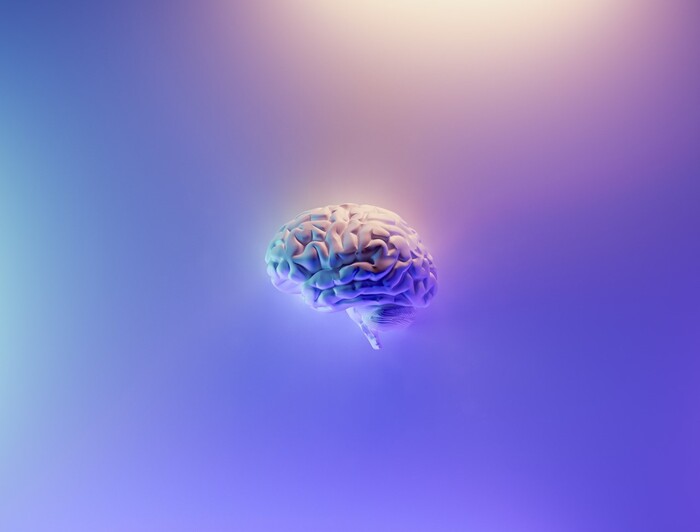Even thinking tired, but fatigue is not an illusion created by the brain to switch to more rewarding activities, as was hypothesized: it is a real alarm signal to preserve one's functions, since intense mental activity prolonged for several hours causes potentially toxic substances to accumulate in an area of the brain known as the prefrontal cortex.
This was stated by a group of researchers from the University of Salpêtrière in Paris, who published the results obtained in the journal Current Biology and who advises not to make important decisions when you are fatigued: in these circumstances, in fact, the brain tends to prefer options. that offer quick rewards with little effort.
Researchers led by Antonius Wiehler used magnetic resonance (MR) spectroscopy to monitor brain activity over the course of a working day.
The signs of fatigue emerged only in the group engaged in more intense mental activities: these people had higher levels of a molecule called glutamate in the area of the prefrontal cortex.
The authors of the study, therefore, also based on the results of previous studies, affirm that it is the accumulation of glutamate that is responsible for the sense of fatigue, making cognitive control more difficult after a hard work day from a mental point of view.
"Our results show that cognitive work results in a real functional alteration", comments Mathias Pessiglione, one of the authors of the study, "so fatigue would be a signal that makes us stop working to preserve the integrity of brain functioning. Unfortunately - continues Pessiglione - I don't think there is a way to get around this limitation of our brain. I would recommend the old remedy: rest and sleep. In fact, there is a lot of evidence that indicates that glutamate is eliminated during sleep ".



/cloudfront-eu-central-1.images.arcpublishing.com/prisa/EUQOASQFHBD7HMWZRD25MRK3ZQ.jpg)





